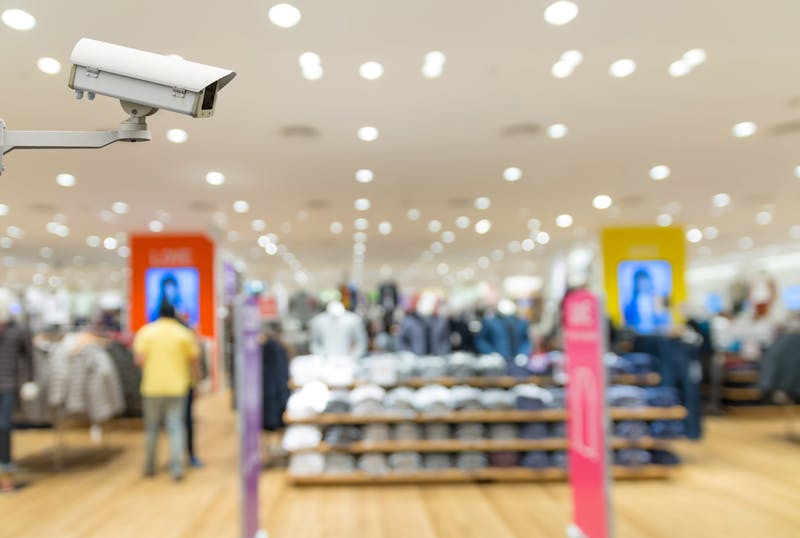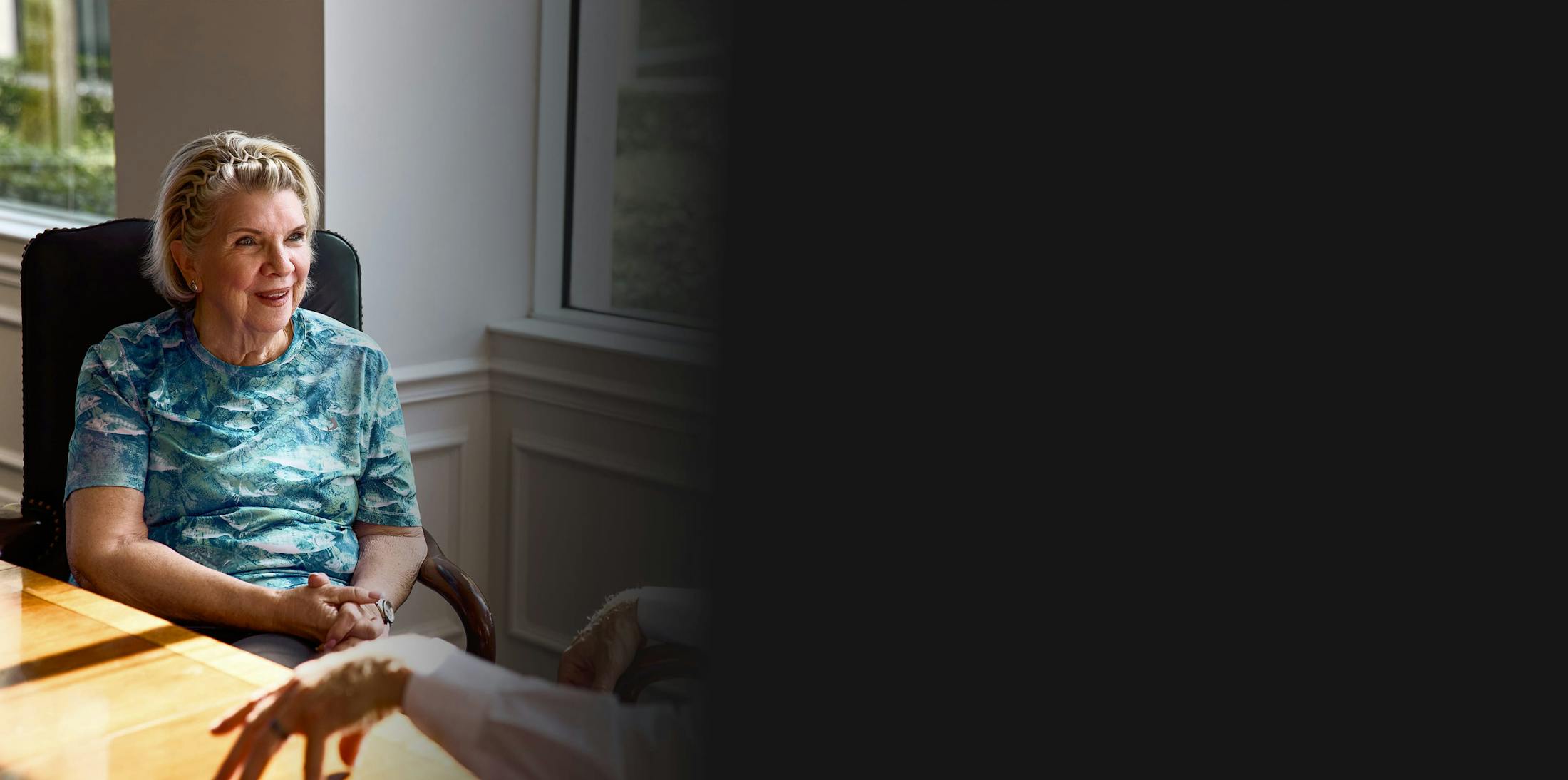
Slip and fall incidents often occur in grocery stores, retail stores and other types of businesses that may have surveillance or security systems in place. Although normally put in place in order to prevent theft, these systems and the videos they capture also can be key evidence in the event someone falls and is injured through no fault their own at such a place. However, what these businesses often learn to their chagrin when someone slips and falls, injuring themselves on the business’s premises, is that these same video and surveillance systems they use to protect their merchandise from theft also record everything that goes on in a particular business. Security camera evidence can be crucial in a lawsuit.
Security Camera Evidence Plays a Key Role
For example, a bank which cuts corners by failing to adequately clean its floors on a regular basis or which fails to fix defects in the flooring in its lobby, likely employs a security system in order to ensure that no one robs that bank. However, the same surveillance video that may be used as evidence in court in a criminal case when the bank is robbed can also be offered as evidence against the same bank if a customer slips, falls and injures herself in the bank’s lobby. Nonetheless, it requires an experienced attorney to obtain this crucial evidence in Florida in the first place because a proper request to preserve this critical piece of evidence has to be made before there is a duty on the business’s part to preserve the video. If such a request has been made and the business fails to preserve the surveillance or security footage in question, the consequences can be quite severe.
Putting the Negligent Party on Notice of Their Need to Preserve Key Evidence
One of the first things that we do once we have been retained to represent an injured person in a premises liability (or slip and fall) case is to send what is called a preservation letter to the business at which our client was injured. This is a formal request to the business or establishment that the business preserve any evidence related to our client’s fall. This includes any security camera evidence: video surveillance or footage of the incident or similar types of recordings that may pertain in some way to our client, their injuries or the incident in which they were injured. What this does is put the business on formal notice that our client may have a legal claim against them and that they have a formal obligation to preserve any evidence related to the incident in which our client was injured. If a proper preservation request is made, the bank in the example above would then have the duty to set aside the video footage from the day our client was injured and ensure that video footage was not somehow erased, taped over or destroyed in the ordinary course of business.
Although we will retain experts who will explain to the jury exactly how you were injured and we will also call any eyewitnesses to the incident in which you were injured to testify at trial, the best evidence of an incident in which our client is injured is often the video of the incident itself. The importance of key security camera evidence cannot be overstated. It will depict exactly what the condition of the premises at the time of your fall and will also show exactly what happened that led to your fall. This can be powerful evidence in the hands of an experienced attorney who can put it into proper context for the jury.
Consequences for Not Preserving Key Evidence
If a party to a lawsuit fails to preserve key evidence like a video that shows an incident in which someone is injured on that party’s premises after a preservation request has been made, the ramifications for that party failing to preserve such evidence can be severe. There are a number of sanctions, or punishments, that can be imposed by a judge against a party for a failure to preserve key evidence under Florida law where the party had the duty to preserve that evidence. These include what is called an adverse instruction, in which the jury is instructed to presume that the evidence that was not properly preserved by a party is likely to have been unfavorable to the party that had the duty to preserve it. Therefore, in the case of the bank at which a patron fell because the floors had not been cleaned in some time or because the floors were full of trip hazards, the jury could be instructed to assume that the footage, if it had been properly preserved by the bank, would have been unfavorable to the bank. Experienced Florida personal injury attorneys like those at Schwed, Adams & McGinley know how to properly frame their arguments so that a failure to preserve key evidence, such as video footage of an incident, by a defendant in a premises liability case is presented to the jury as perhaps suggesting that the business had something to hide and that is why the business failed to preserve that video in the first place. That is why this can be such a powerful sanction in a premises liability case.
Contact the Experienced Florida Personal Injury Attorneys at Schwed Adams & McGinley
When you or a loved one suffers a serious injury due to someone else’s negligence in failing to properly maintain their premises, you need experienced Florida legal counsel you can trust. The skilled Florida personal injury lawyers at Schwed, Adams & McGinley, P.A. are experienced in representing clients in cases involving slip and fall accidents. We routinely help clients who have been injured in slip and fall incidents to recover maximum compensation for their injuries. Call us toll free at 877.694.6079 or email us at [email protected] to discuss your slip and fall accident case with an experienced Florida personal injury lawyer today.
